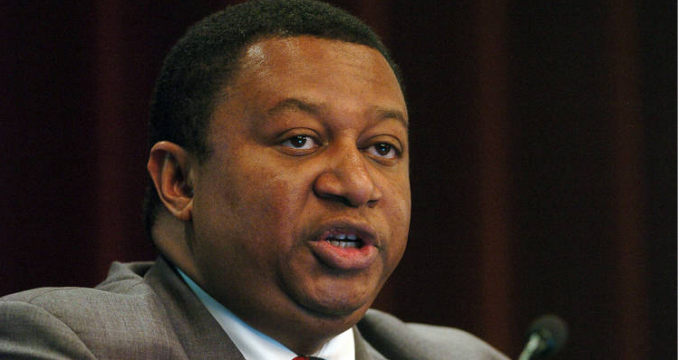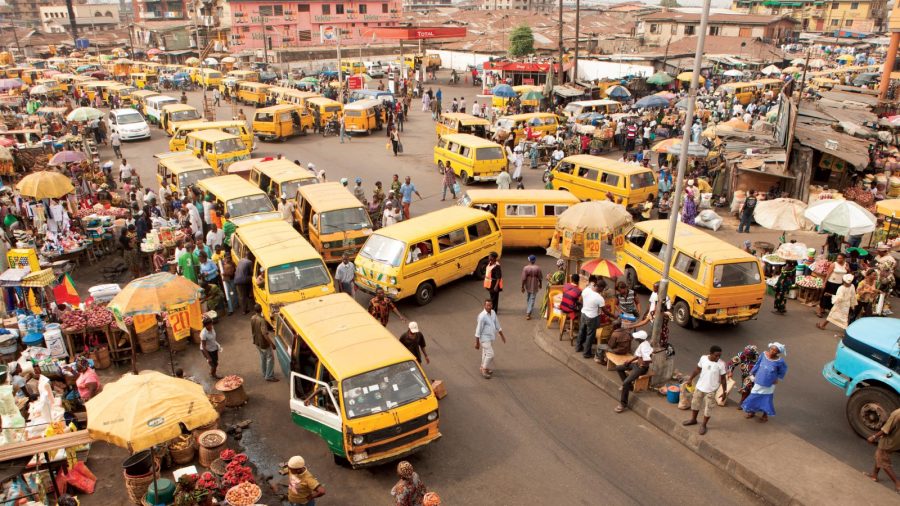The volume of trade between Nigeria and South Africa rose to N1.3 trillion in 2015, Louis Mnguni, the South African High Commissioner to Nigeria, announced late on Tuesday.
Mnguni was speaking at a ceremony to mark the South African freedom day in Lagos, saying that trade between Nigeria and South Africa had increased “exponentially” from 2010 to 2015.
“Trade between the two countries has increased steadily. It has increased exponentially from N43.6 billion (R.20.6 billion) in 2010 to N1.3 trillion (R.62 billion) in 2015,” he said.
“The gradual movement since 2010 could be attributed to Nigeria’s demand for automotive parts. South Africa exports cars, vehicles, structures and parts of structure, uncoated paper and paperboard.
Advertisement
“Nigeria presents a huge market with a population of over 170 million people and vast resources, while South Africa presents the technical know-how in developing industries.”
The envoy described Nigeria as one of the countries in Africa currently enjoying a favourable balance of trade with South Africa.
The high commissioner, who said that there was an increasing number of South African multinational companies in Nigeria, added that there were currently about 120 South African companies in the West African country.
Advertisement
Mnguni said that the companies had invested in engineering, ICT, construction, aviation, media, hospitality, banking, retail chain and oil and gas exploration services in Nigeria.
“South African companies have today become significant players in these sectors of the Nigerian economy from 1999 to 2015”.
“Nigerian SMEs are dominant in the small business sector in South Africa. Therefore, the two are really complementing each other,” he said.
The envoy said it was imperative for both countries to close ranks toward the implementation of the 2063 African Union agenda.
Advertisement
He said strategic partnership is required in pursuance of Africa’s, South-South cooperation and in the promotion of a rules-based international system.
Add a comment






